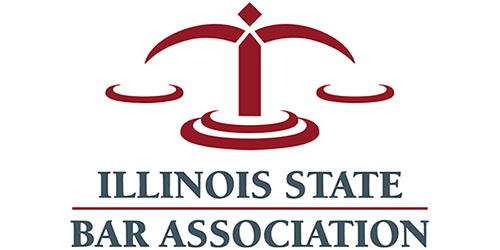Remember that the C Corporation is the most common form of corporation, where a business is considered a separate entity from its owners. With a C Corp, income is taxed once at the corporate level and then again when distributed to the owners. However, the owners (shareholders) are liable only up to their investment amount in the business, and are insulated from personal liability.
S Corporation: This entity pays no corporate income tax; gains or losses from the business are passed through to the owners (shareholders), who must report that information on their individual tax returns. An S Corp simply files an informational return at the end of each year showing the gains, losses to be allocated to the shareholders based on their percentages of ownership in the business.
Professional Corporation: a professional corporation (PC) can be used when individuals from the same professional field come together for a specific purpose. A few of the professionals that may opt for a PC include accountants, architects, attorneys, dentists, and doctors.
Limited Liability Company: a limited liability company (LLC) has the limited liability benefits of a corporation, but may be taxed and managed in the same manner as a partnership. A sole proprietorship or partnership can convert to an LLC to protect its assets without changing the way its business income is taxed.
Both sole proprietorships and partnerships are similar in that the owner(s) of the business are personally liable for the activities that occur within the business. They are easy to set up, but do not provide the individual liability protection offered by corporations and LLCs.
If you want to know more about these entities and which is best for you and your business, our Attorneys at The Greenberg Law Firm are ready, willing, and able to review your current ownership documents or make sure the ownership of a new business is properly created. Contact us at 630-416-4747.







